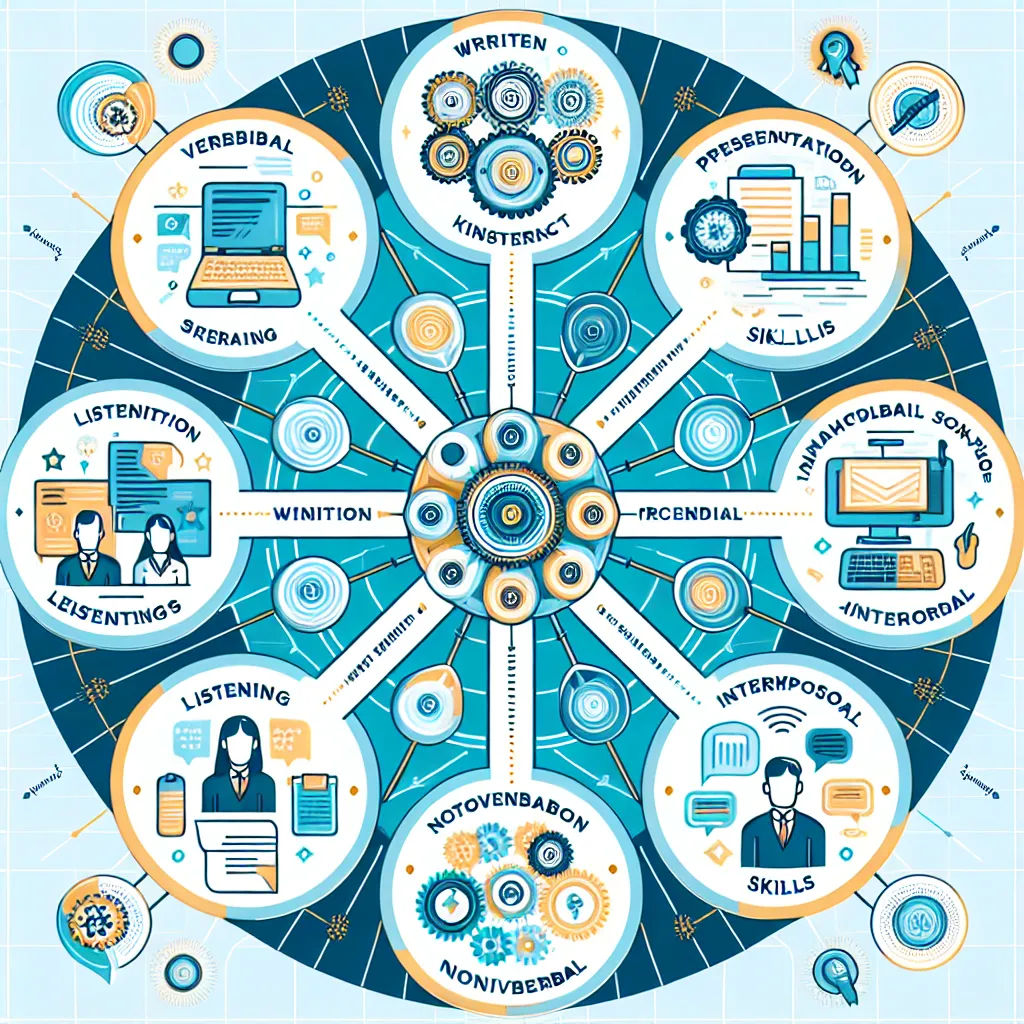Are you preparing for a job interview and wondering how to discuss your previous employment effectively? Talking about your past work experience is a crucial part of any interview, as it gives potential employers insight into your skills, accomplishments, and professional growth. This guide will provide you with valuable tips and strategies to help you articulate your previous job experiences in a way that impresses interviewers and increases your chances of landing your dream job.
Understanding the Importance of Discussing Your Previous Job
When interviewers ask about your previous job, they’re looking for several key pieces of information:
- Your relevant skills and experiences
- Your ability to handle responsibilities
- Your achievements and contributions
- Your reasons for leaving
- Your professional growth and learning
Discussing your previous job effectively can demonstrate your value as a potential employee and help you stand out from other candidates.
 Interview Preparation
Interview Preparation
How Interviewers Evaluate Your Response
When you talk about your previous job, interviewers are evaluating several aspects of your response:
- Relevance: How well your past experience aligns with the new position
- Professionalism: How you speak about your former employer and colleagues
- Communication skills: Your ability to articulate your experiences clearly and concisely
- Positive attitude: Your enthusiasm and optimism about your work history
- Problem-solving abilities: How you handled challenges in your previous role
Strategies for Discussing Your Previous Job Effectively
1. Prepare a Concise Summary
Start by creating a brief overview of your previous job that highlights your main responsibilities and achievements. This summary should be no longer than 2-3 sentences and serve as an introduction to your role.
Example: “In my previous position as a Marketing Coordinator at XYZ Company, I was responsible for managing social media campaigns and creating content for our blog. During my tenure, I increased our social media engagement by 50% and contributed to a 30% growth in website traffic.”
2. Focus on Relevant Experiences
When discussing your previous job, emphasize the experiences and skills that are most relevant to the position you’re applying for. This shows the interviewer how your past work aligns with their needs.
Example: If you’re applying for a project management role, you might say, “In my previous job, I led a team of five in implementing a new customer relationship management system, which improved our client retention rate by 25%.”
3. Highlight Your Achievements
Use specific examples and metrics to showcase your accomplishments in your previous role. This provides concrete evidence of your capabilities and the value you can bring to a new position.
Example: “I implemented a new inventory management system that reduced stockouts by 40% and improved order fulfillment times by 25%.”
4. Discuss Your Growth and Learning
Demonstrate how your previous job contributed to your professional development. This shows that you’re proactive about learning and improving your skills.
Example: “During my time at ABC Corp, I had the opportunity to attend advanced data analysis workshops, which allowed me to develop new skills in predictive modeling that I’m excited to apply in this new role.”
5. Address Reasons for Leaving Professionally
When discussing why you left your previous job, remain positive and focus on your career goals and growth opportunities. Avoid speaking negatively about your former employer or colleagues.
Example: “While I valued my time at DEF Inc., I’m seeking a role that allows me to take on more leadership responsibilities and further develop my project management skills.”
Common Interview Questions About Your Previous Job and How to Answer Them
1. “Can you tell me about your responsibilities in your last job?”
Answer: “As a Customer Service Manager at GHI Company, I was responsible for leading a team of 15 representatives, developing customer service protocols, and handling escalated customer issues. I also played a key role in implementing a new CRM system that improved our response times by 30%.”
2. “What were your biggest accomplishments in your previous role?”
Answer: “One of my most significant accomplishments was spearheading a customer feedback initiative that increased our Net Promoter Score from 65 to 82 over six months. This improvement led to a 15% increase in customer retention and contributed to the company’s overall revenue growth.”
3. “Why did you leave your last job?”
Answer: “I’m grateful for the opportunities I had at my previous company, but I’m looking for a role that allows me to further develop my skills in data analysis and take on more strategic responsibilities. When I learned about this position, I was excited about the chance to contribute to larger-scale projects and work with a diverse team.”
4. “How does your previous experience relate to this position?”
Answer: “In my previous role as a Marketing Specialist, I gained extensive experience in social media management and content creation, which directly aligns with the requirements for this Digital Marketing Manager position. Additionally, I led several successful cross-departmental projects, which has prepared me for the collaborative nature of this role.”
5. “What did you like most about your previous job?”
Answer: “What I enjoyed most about my previous job was the opportunity to mentor junior team members. Seeing their growth and success was incredibly rewarding. I’m excited about the potential to continue developing others in this new role, as I understand mentorship is a key component of the team culture here.”
Tips for Handling Difficult Questions About Your Previous Job
- Stay positive: Even if you had negative experiences, focus on the lessons learned and growth opportunities.
- Be honest: While you should frame your responses positively, always be truthful about your experiences and reasons for leaving.
- Redirect to the future: After briefly addressing the past, steer the conversation towards how your experiences have prepared you for the new role.
- Practice your responses: Rehearse your answers to common questions to ensure you can deliver them confidently and concisely.
- Use the STAR method: For behavioral questions, use the Situation, Task, Action, Result format to structure your responses effectively.
 Interview Skills
Interview Skills
Common Mistakes to Avoid When Discussing Your Previous Job
- Speaking negatively about former employers or colleagues
- Providing too much irrelevant information
- Understating your accomplishments
- Exaggerating your role or responsibilities
- Failing to connect your past experience to the new position
- Appearing unprepared or unsure about your past roles
Additional Follow-up Questions and Suggested Answers
-
“How did you handle conflicts in your previous job?”
Suggested answer: “In my previous role, I approached conflicts with open communication and a focus on finding mutually beneficial solutions. For example, when there was a disagreement between the sales and marketing teams about lead quality, I organized a workshop to align on definitions and processes, which improved collaboration and increased qualified leads by 25%.”
-
“What was the most challenging aspect of your previous job?”
Suggested answer: “The most challenging aspect was managing tight deadlines for multiple projects simultaneously. To address this, I implemented a project management tool that improved our team’s efficiency by 40% and ensured we consistently met our deadlines.”
-
“How did you contribute to your team’s success in your last position?”
Suggested answer: “I contributed to my team’s success by introducing a weekly knowledge-sharing session where team members could present new industry trends or successful strategies. This initiative improved our collective skills and led to a 20% increase in innovative solutions for our clients.”
-
“Can you describe a time when you had to adapt to a significant change in your previous job?”
Suggested answer: “When our company underwent a merger, I played a key role in integrating two different customer service teams. I created a comprehensive training program to align processes and culture, which resulted in a seamless transition and maintained our high customer satisfaction rates throughout the change.”
-
“What skills from your previous job do you think will be most valuable in this new role?”
Suggested answer: “I believe my experience in data analysis and project management will be particularly valuable in this role. In my previous position, I used these skills to optimize our marketing campaigns, resulting in a 30% increase in ROI. I’m excited to apply these skills to drive similar results here.”
By following these guidelines and practicing your responses, you’ll be well-prepared to discuss your previous job in a way that highlights your value as a candidate and aligns with the requirements of the new position. Remember to stay positive, focus on relevant experiences, and demonstrate how your past roles have prepared you for the opportunity at hand.
For more tips on acing your job interview, check out our related articles on how to discuss your strengths in an interview and essential English phrases for interviews. Good luck with your upcoming interview!




